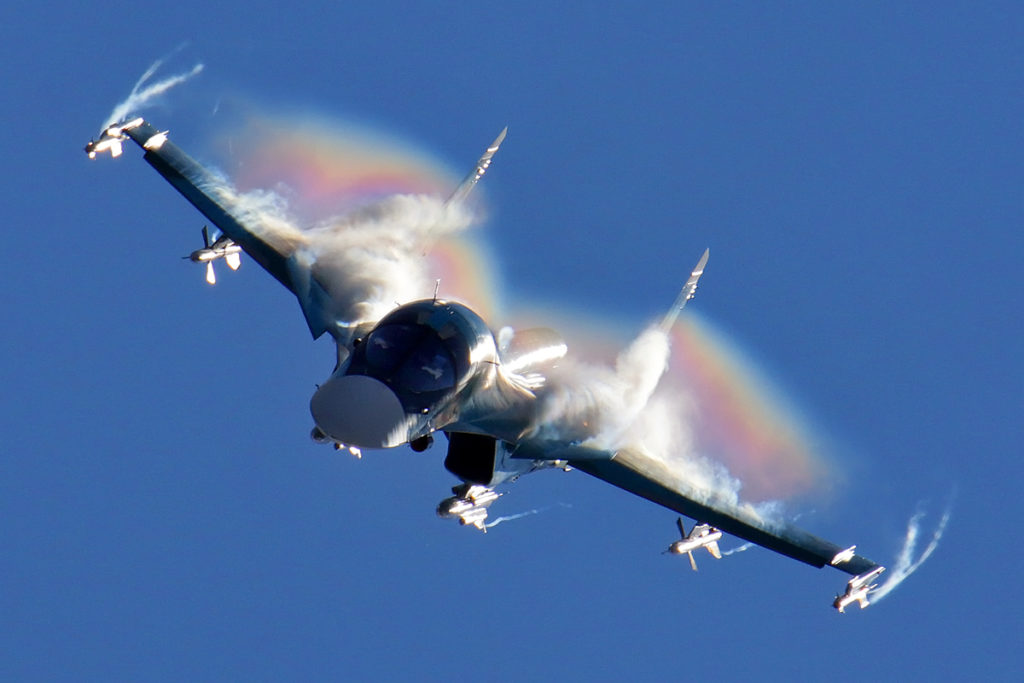Russia Updates

Lots and lots of stuff going on today… Russia continues to advance in both the north and the south, albeit very slowly in the former and at very high cost in both. Ukraine’s coastline is on the verge of being completely rolled up. Kyiv is not yet fully encircled, and heavy fighting continues near Kharkiv. Putin has pushed his demands in an even more maximalist direction.
- Fulfill your Red Dawn fantasies by watching a manpad downing a helicopter. Russia had a very bad day in the air yesterday, although this is possibly indicative of an increase in sortie rates. It may also give some indication why the Russians have been reluctant to unleash their full air force thus far.
- Flagship of the Ukrainian Navy has been scuttled. This makes sense given that Ukraine will soon have no coastline. the frigate was on deployment at the beginning of the last war, which is how it escaped capture by the Russians.
- The refugee crisis is growing predictably severe at the Polish border. You’ll get no argument from me that the gulf between the world’s reaction to Syrian, Yemeni, and Afghan refugees and the reaction to Ukrainian ones is shameful, but that’s no cause to begrudge support for the countries that are accepting these people.
- A no fly zone that would start a war with Russia is a pretty terrible idea given that Russia can just batter Ukraine to the ground with artillery.
Here’s a pretty good rundown of the sanctions that countries around the world have slapped on Russia thus far. These are, by any standard, enormous, and will serve to gut the Russian economy for years. I wrote a bit about the process of multilateral sanctions over at 1945:
The second answer is that the sanctions are themselves enormously complex, and the process of getting a multilateral agreement is also enormously complex. Washington made clear that it wanted an aggressive, all-encompassing sanctions package, but it needed Europe on board. The US conducts relatively little direct trade with Russia, but European countries conduct a lot. Thus, the pain of sanctions would be felt not only in Russia but also in Europe. Getting the Europeans on board politically didn’t take that much convincing, but the devil is always in the details. The Biden administration did not have the capacity to bring every chief of government to Washington in order to work through the details in a conference, and even if it could every leader would have had to consult with his or her government.
Indeed, because the sanctions cross the boundary between trade and finance (most countries around the world have separate ministries for trade, finance, and foreign relations), the process of even getting a single government to agree to sanctions is incredibly complex. Every trade minister in Europe has a series of cutouts that s/he wants because its important to economic prosperity, just as every finance minister wants to protect investment in some corner of their banking sector. In Europe, these ministers often even come from different political parties, making the process even more complicated.


